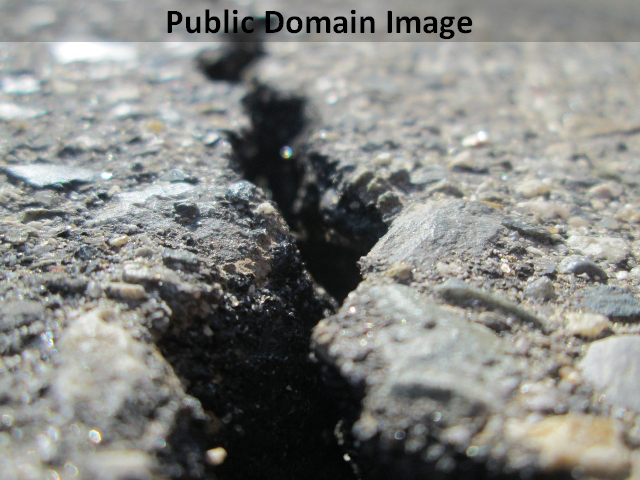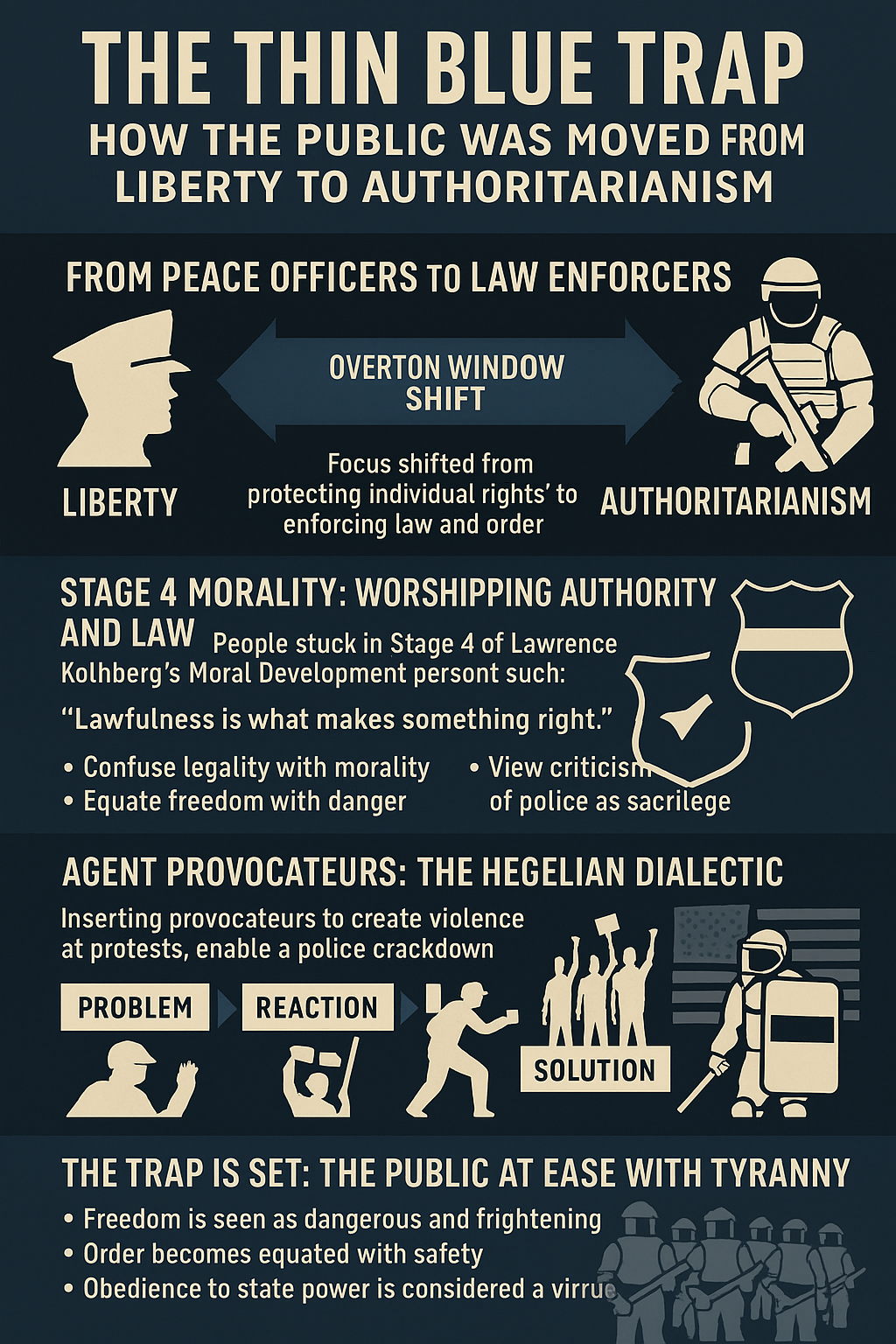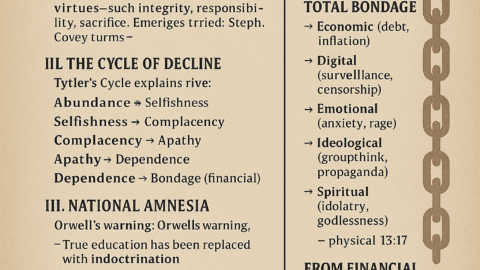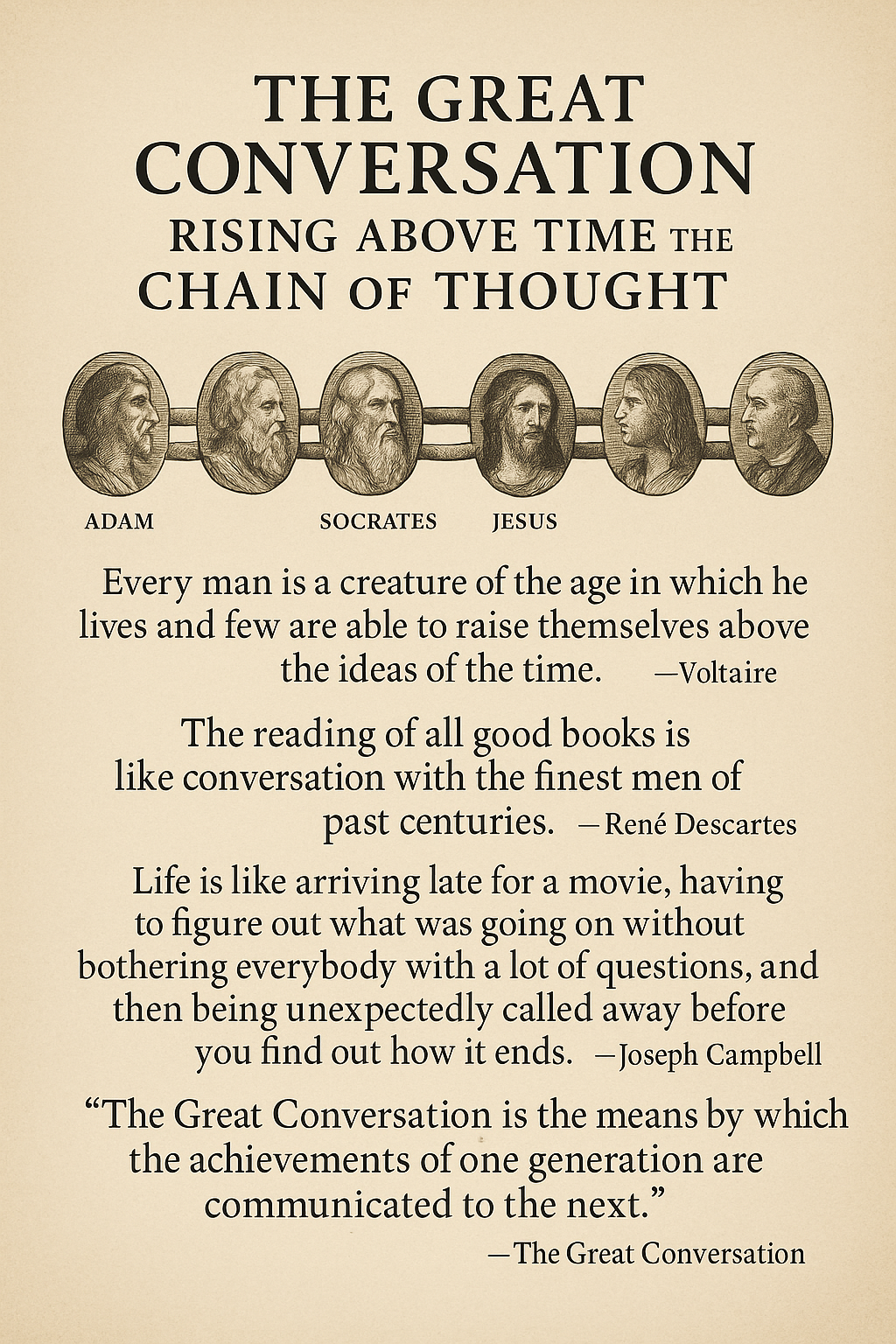Bad principles in a government, though slow, are sure in their operation, and will gradually destroy it. (Alexander Hamilton)
In part one of this series, I discussed how the foundational structure of the United States Constitution ensures that there would be competing power centers with a brilliant system of offsetting checks and balances. Since it is the nature and disposition of almost all men to seek power, wealth, and dominion over others there must exist a system which will harness, restrain and temper that disposition. Far from being obsolete, or an outdated agrarian document of the eighteenth century, or a document prepared by the rich and wealthy elite for the governance of others, the Constitution was instead intended to harness, brake, and restrain human nature.
Further, precisely because of these various checks and balances, the United States Constitution has endured a remarkable 234 years since its adoption. However, those who do not prize freedom have managed to make huge sinkholes and cracks in the system.
With almost prophetic foresight, George Washington forecast with uncanny accuracy a major area where the United States Constitution would be assaulted and corrupted. In his famous farewell address he warned:
One method of assault may be to effect in the forms of the Constitution alterations which will impair the energy of the system, and thus to undermine what cannot be directly overthrown (George Washington, Farewell Address)
This article will briefly summarize and introduce three areas where deep inroads have been made upon the form or structure of the United States Constitution and its resulting deleterious effects. More specifically, we will explore how an undue emphasis upon “democracy” and the idea of “broadening democracy” has worked to insidiously undermine the foundational structures of the Constitution. As Alexis De Tocqueville warned in his “Democracy in America” series, how the principle of equality (hence democracy) “begets two tendencies,” it may “suddenly drive them into anarchy” or take a “longer, more secret, but more certain road to servitude.“
First off, it is to be noted that a republican form of State and Federal government was intended by our founders–not a democracy. Further, as discussed in part one, democracy must be counterbalanced by the elements of monarchy and aristocracy.
Where has the Constitution been damaged by an undue focus upon democracy? There are several, here are three:
- Improper application of the Electoral College
- Direct Election of Senators through adoption of the Seventeenth Amendment
- Abandonment of property requirements for voters
Electoral College
Regarding the Electoral College, the framers rejected popular election of the President. The Constitution is clear that presidential electors, selected in the different states, would meet and vote by ballot for a President and Vice-president of the United States. Their choice was to be the result of deliberations to ensure that only those who were wise in constitutional principles, honest in their dealings with their fellow man, and imbued with a sense of inherent goodness. As Alexander Hamilton put it:
. . . the immediate election should be made by men most capable of analyzing the qualities adapted to the station, and acting under circumstances favorable to deliberation, and to a judicious combination of all the reasons and inducements which were proper to govern their choice. A small number of persons, selected by their fellow-citizens from the general mass, will be most likely to possess the information and discernment requisite to such complicated investigations. (Alexander Hamilton, Federalist 68)
Largely because of Party Politics, this fundamental provision of the U.S. Constitution has for many years now been set at naught. For many decades now it is the people themselves who have dictated their choice of President. While theoretically electors of the Electoral college can vote whom they will, in practice they are merely a rubber stamp.
To make matters worse, recent years have seen increased calls that the Constitution be amended to eliminate the electoral college. Yet, the quality of political information available to the public has apparently not changed much since the days of our early republic. Read these words of Thomas Jefferson:
Nothing can now be believed which is seen in a newspaper. . . The real extent of this state of misinformation is known only to those who are in a situation to confront facts within their knowledge with the lies of the day. I really look with commiseration over the great body of my fellow citizens, who reading newspapers, live and die in the belief, that they have known something of what has been passing in the world in their time . . . General facts may indeed be collected from them, such as that Europe is now at war . . . but no details can be relied on. (Thomas Jefferson, Letter to John Norvell, June 11, 1807)
Harsh words regarding the media. One wonders what Thomas Jefferson would say about the misinformation and disinformation bandying about in today’s electronic media world.
Today, just as in the Founders day, people can be too easily swayed by passion, prejudice, and self interest, and too easily deceived by demagogues. Today, largely because of the mass media, presidential elections resemble high school popularity contests which tend to be mass emotional decisions of an uninformed or misinformed populace.
17th Amendment
By requiring that Federal Senators be chosen by State legislatures provided the States with an important check against out-of-control Government. As stated in Federalist 62:
. . . the equal vote allowed to each State is at once a constitutional recognition of the portion of sovereignty remaining in the individual States, and an instrument for preserving that residuary sovereignty. So far the equality ought to be no less acceptable to the large than to the small States; since they are not less solicitous to guard, by every possible expedient, against an improper consolidation of the States into one simple republic. Another advantage accruing from this ingredient in the constitution of the Senate is, the additional impediment it must prove against improper acts of legislation. No law or resolution can now be passed without the concurrence, first, of a majority of the people, and then, of a majority of the States. (Federalist 62, History is unsure whether it was Alexander Hamilton or James Madison who wrote Federalist 62)
However, the adoption of the seventeenth amendment changed all that. Because the States now have no representation in the Federal Government, they now are virtually powerless to protect themselves against Federal encroachment.
Property Requirement to Vote
Under the original Constitution many States required that voters possess a certain amount of property. Historically, the right to vote was limited to those owning a certain amount of real property. One might ask, why is this so? Among the reasons is that it would automatically ensure that voters would have a vested interest in government and in carrying out its proper role. As we have seen previously, protection of property ranks high among governments proper functions. Such an idea was not lost to our founders. As James Madison puts it:
Viewing the subject on its merits alone, the freeholders [landowners] of the Country would be the safest depositories of Republican liberty. In future times a great majority of the people will not only be without landed, but any other sort of property. These will either combine under the influence of their common situation; in which case, the rights of property & the public liberty, will not be secure in their hands: or which is more probable, they will become the tools of opulence & ambition, in which case there will be equal danger on another side.” (James Madison, Notes)
Even Karl Marx understood that liberty and property were intimately connected. Abolition of private property was his goal as stated in the Communist Manifesto. And in another work of his he wrote regarding property requirements and the vote:
“Man proclaims politically that private property is abolished as soon as he abolishes the property qualification for the vote…Is not private property as an idea abolished when the non-owner becomes legislator for the owner? The property qualification for the vote is the ultimate political form of the recognition of private property.” (Karl Marx, A World Without Jews)
Largely because the States have abandoned property requirements for voters and the passing of the 24th Amendment, which abolished poll taxes, there is now no built in tie between voters and the preservation of private property.
In summary, the United States Constitution has been severely damaged by the adoption of principles which foster the broadening of democracy at the expense of three vital guard towers of liberty, the Electoral College, the indirect election of Senators as determined by State Legislatures, and by ensuring that the voting franchise be connected to property ownership. By abandoning these vital checks a green light has been given for the Federal Government to increase greatly in size and scope.
In part three, I examine other areas where the constitution has been weakened in its foundational structure and how it effects its functioning as a system.






